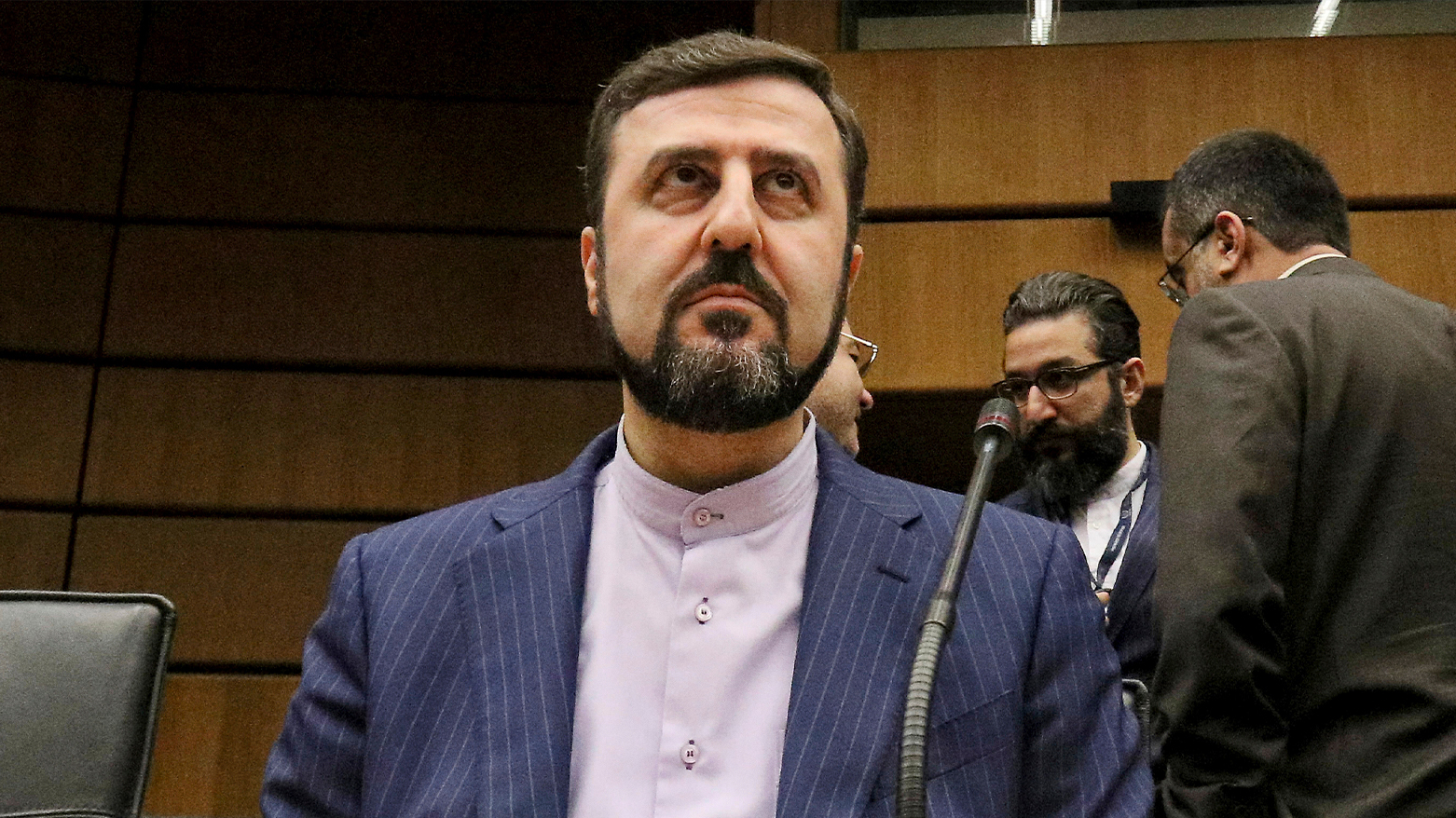'Oil Exports Persist, Sanctions Ineffective,' Says Iranian Deputy FM
Iran's Deputy Foreign Minister Kazem Gharibabadi stated the country's fate isn't tied to talks and it's still selling oil despite sanctions, stressing the need for economic self-reliance, according to Iranian media ILNA.

ERBIL (Kurdistan24) — Iran is successfully selling its oil and conducting economic activities despite sanctions and should not tie its national destiny to the outcome of negotiations, a top Iranian diplomat has declared, signaling a strategy of economic self-reliance amid ongoing international pressure. In an interview with the Iranian Labour News Agency (ILNA), Kazem Gharibabadi, the Deputy Foreign Minister for Legal and International Affairs, emphasized that Tehran has thwarted efforts to halt its oil exports and must focus on strengthening its own economic foundations.
Speaking to an ILNA reporter about Iran's strategies for lifting sanctions, Gharibabadi cautioned against total dependence on diplomatic processes, particularly with the United States. "We should not tie the lifting of sanctions to negotiations with the U.S., thinking that if the U.S. doesn't come to the negotiation table, or if negotiations take place and these sanctions are not lifted, then it's all over," he stated. "No; we must strengthen our own economic foundations." The deputy minister stressed that the country’s future should not be held hostage by the success or failure of diplomatic talks.
The senior official elaborated on Iran's economic position, asserting that opportunities for commerce remain plentiful despite the challenging environment. "It is true that we live in a world where economic infrastructures and commercial activities are interconnected, and countries must interact with one another, but many opportunities exist, especially with our neighbors and beyond," Gharibabadi said, according to the ILNA report. He underscored that Iran's economic activities have persisted in the face of restrictive measures.
"Currently, we are under sanctions, but we are still carrying out our economic and commercial activities and selling our oil," Gharibabadi emphasized. He pointed to this as a significant strategic success, noting, "They wanted to reduce our oil sales to zero, but they failed. This is because various capacities exist." He reiterated his central message, adding, "We must not tie the entire fate of the country to negotiations."
While advocating for internal economic strengthening, the deputy foreign minister did not entirely dismiss the role of diplomacy. He presented a pragmatic view on the potential for talks to resolve the sanctions issue, but with a clear condition. "If we can get the sanctions lifted through negotiations, that's excellent. It's not a bad thing, and we should pursue it," he told ILNA. "But if they want to exploit the negotiation process, then naturally, we shouldn't tie everything to the negotiations."